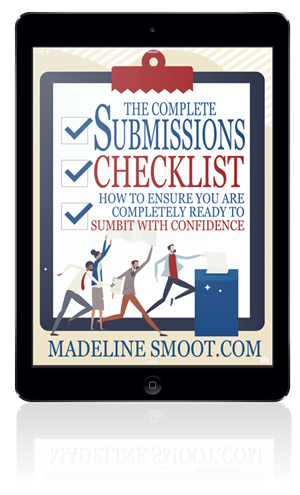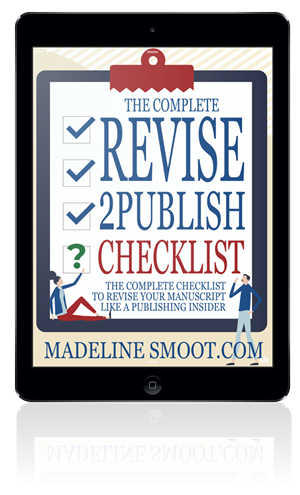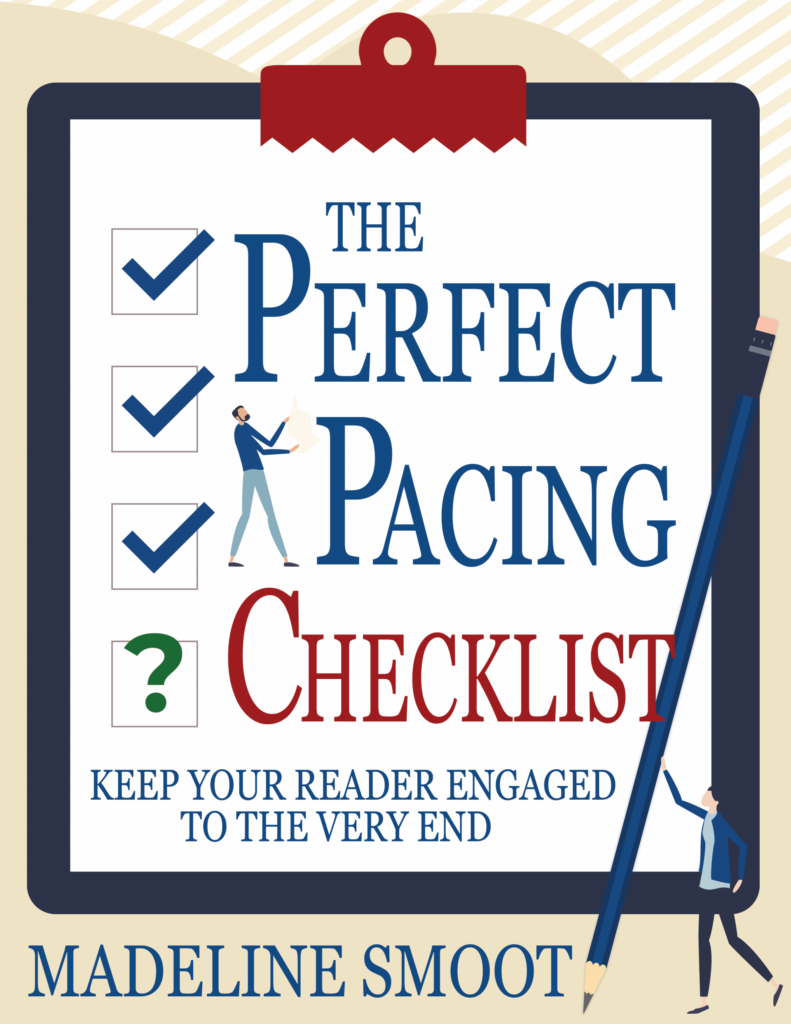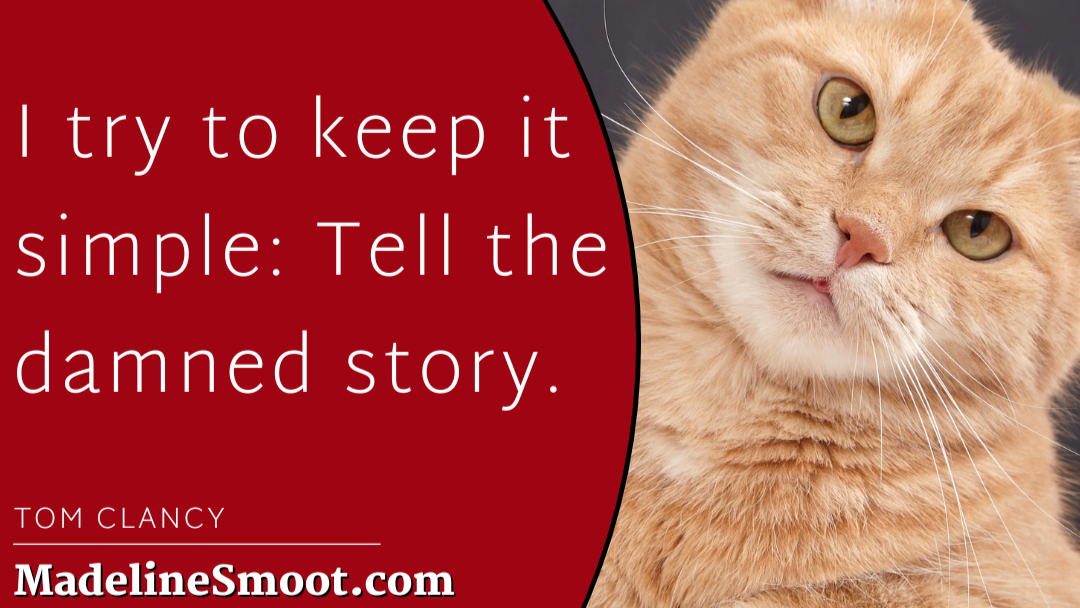Novels, even fantasies and science fiction, need to be realistic. There have to be things the reader relates to in order to connect with the story. Something has to ground them to the world you’re building, and realism does that.
However, you can have too much of a good thing.
When you start showing every moment of every day, you start becoming hyper-realistic. The truth is, we don’t need to see every second, only those that relate to the story you’re telling. If the story still makes sense without watching your character eat breakfast, sit through calculus, and text a friend between classes, then you can probably skip over that part.
On a related note, you also have to watch for info dumping. This is where you drop a large chunk of information about your world or character or something pertinent to the story in one huge chunk. An info dump can be as small as a couple of paragraphs or as long as multiple pages. And usually, some (if not all) of that information IS needed. Your reader needs that info for context or to follow what’s going on. The problem is when that info dump impedes the story either by disrupting pacing or by going off on a tangent that isn’t relevant in that exact moment.
Instead of info dumping, it’s better to strew that information out throughout the scene in small little breadcrumbs. The reader still gets all the information they need without losing track of the story.
In both hyper-realism and info dumping, you end up with a bit too much reality for your story. For the sake of the story you are telling and the pacing of your book, try to determine whether every moment you’ve included, every fact you’ve shared needs to be told. Avoid the trap of sharing every little detail.
Trust me, your story doesn’t need it.






